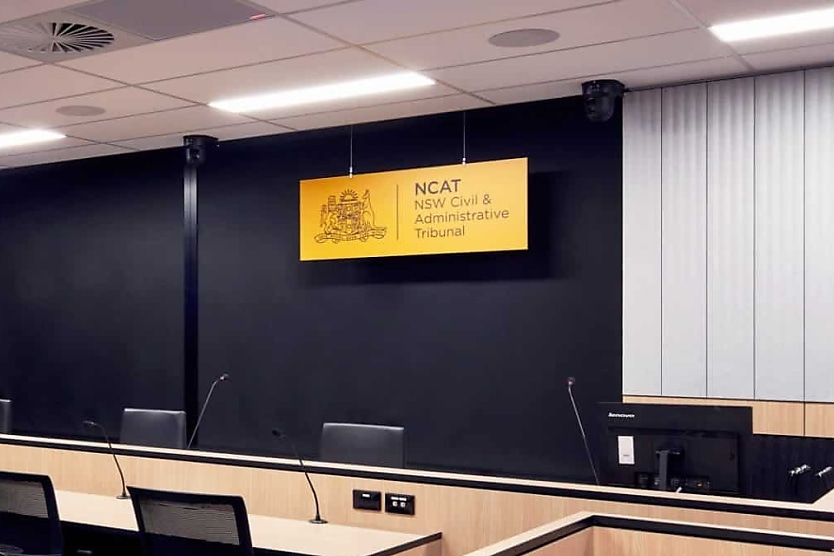
A former Legal Aid NSW solicitor, who alleged that she was discriminated against because of her pregnancy, has lost an appeal.
Editor’s note: This story first appeared on HR Leader’s sister brand, Lawyers Weekly.
Solicitor Jessica Trappel accused the Legal Aid Commission of NSW of discriminating against her on the grounds of sex or responsibilities as a carer by not allowing her to take the entire 14-week paid maternity leave and for not having employment for her to return to.
Last December, NSW Civil and Administrative Tribunal’s (NCAT) senior member Henry Dixon SC and general member Maryanne Maher found “the real and operative reasons” for Trappel’s employment coming to an end were not related to her pregnancies.
“In our view, Legal Aid did not fail to offer further employment which could not be performed, and in circumstances when it had no duty to do so,” Dixon and Maher determined in the original judgment.
Appearing in NCAT this month, Trappel has challenged the tribunal’s dismissal of her case on the grounds of indirect discrimination.
Trappel was employed on a series of short-term temporary contracts with the Civil Law Service for Aboriginal Communities and the Penrith Civil law team between May 2018 and January 2020.
Around November 2019, Trappel disclosed to Legal Aid she was pregnant and requested a new contract that would commence after her current one expired so she could take the full 14-week leave.
Trappel also asked to take further leave without pay and return to work in September 2020 on a date to be agreed between them.
Legal Aid refused, and her employment ended.
After the birth of her first child, Trappel returned to work within the Penrith Civil Law team and the Port Macquarie Civil Law team on similar contracts between February 2021 to January 2022.
In September 2021, after informing Legal Aid she was pregnant again, Trappel was told she was not entitled to the 14-week leave.
Trappel took personal leave from October 2021 and did not return until she was offered temporary work in May 2023.
On appeal, Trappel claimed there was a condition or requirement that she “not take leave related to pregnancy or caring for children in order to receive offers of temporary employment, covering periods of time around and immediately after giving birth, or becoming a carer”.
Trappel said the second requirement was she “not take personal leave in order to be offered further temporary contracts”.
Her further arguments were that a “substantially higher proportion” of men or people who were not pregnant could comply with this requirement, and there were “significant benefits” to retaining her.
Principal member Theresa Simon and senior member Dr Robert Dubler SC said the way the requirements were framed were “flawed” and there was no such requirement Trappel not take leave due to pregnancy or caring for children in order to receive further contracts.
“We are satisfied on the evidence as a whole that it was open to the tribunal to find that the real requirement or condition being imposed was that the appellant be ready, willing and able to perform the duties of a solicitor at the expiry of the temporary employment contracts in order to be issued with a new offer,” they said.
Simon and Dubler did not accept the comparison with other workers, who they found took the leave they were entitled to, and which Trappel did not have at the time of both pregnancies.
As for the significant benefits, Simon and Dubler said that given that Trappel was not available to enter into employment again after the first birth until September 2020, this argument could not succeed.
“There was, in our view, in all the circumstances, little, if any, benefit to Legal Aid,” Simon and Dubler said.
The leave to appeal was refused, and the appeal was dismissed.
RELATED TERMS
According to the Australian Human Rights Commission, discrimination occurs when one individual or group of people is regarded less favourably than another because of their origins or certain personality traits. When a regulation or policy is unfairly applied to everyone yet disadvantages some persons due to a shared personal trait, that is also discrimination.
Parental leave is a benefit offered to employees that allows for job-protected time off from work to care for a kid once the child is born or adopted.









